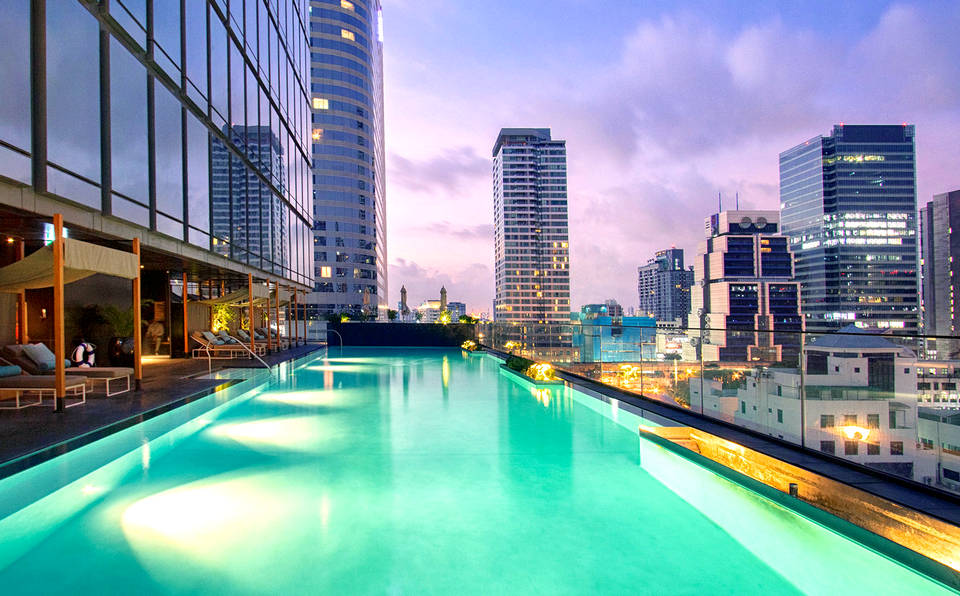
They’re finally off! From Thursday this week, immigration bureaux, Employment Department provincial offices, the Board of Investment and embassies abroad will all be ready to receive applications for the new decade-long visa. It’s the LTR or Long Term Resident variant. But critics say the advantages and perks are somewhat limited, with some of them already embodied in existing visa options.
The income and investment requirements differ according to the application category, but umpteen thousands of high-value (rich) foreigners are being sought to boost the Thai economy. If you think one million baht is a fortune, this visa isn’t for you. The authorities are thinking more in terms of one million US dollars. The cheapest category is for retirees over 50 and your annual income must be at least 80,000 baht monthly, or less with additional cash or bond investments in Thailand. But whether seniors will want to bother with the bureaucracy and readily ditch simpler alternatives such as the annual “O” extension of stay or the Elite – remains to be seen.
Another targeted group are the digital nomads – a somewhat shadowy breed who apparently travel the world with a suitcase computer and require only a Wifi connection on the beach or in a cafe – and may feel in need for a more secure visa. Thailand is well-known as a popular hangout, but this may have more to do with the fact the nomads are invariably ignored by Thai immigration as long as they are not obviously stealing jobs from the locals. The LTR has detailed rules for the nomads, including showing a detailed contract, proving earnings over the past two years and reporting annually to the Thai inland revenue. Compared with the Indonesian nomad visa which guarantees a five year tax exemption, or some Caribbean countries which even offer citizenship, the Thai version looks cumbersome.
The remaining groups are the global idle-rich and, more significantly, business executives and hi-tech specialists likely to be attracted by automatic digital work permits which don’t require proof applicants have at least four Thai co-workers and a standard rate of income tax of 17 percent (the highest rate is currently 35 percent). Some of these are already working in the Eastern Economic Corridor, having already taken advantage of the four-year Smart visa introduced in 2018 which removed the need for a separate work permit anyway. The Bangkok-based European Association for Business and Commerce commented that the LTR isn’t really a game changer in this regard.
The other LTR perks apply to all categories and include no need to get re-entry permits or to report location every 90 days and minor attractions such as fast-track at airports, the latter bonus already being offered to Elite visa holders. Amongst the downside factors are a registration fee, compulsory and ongoing medical insurance, regular checks with the internal revenue service and the need to renew the visa after five years: it’s actually 5×2 years. The LTR does not carry the automatic right to buy 1 rai of land (1,600 sqm), but any foreigners investing 40 million baht for at least three years may be able to do so. The proposal is currently being tabled to the Thai Cabinet. The Board of Investment, which actually runs LTR, says that the detailed rules may be amended in the future. The early signs are that’s going to be necessary sooner rather than later.
 |
 |
 |





